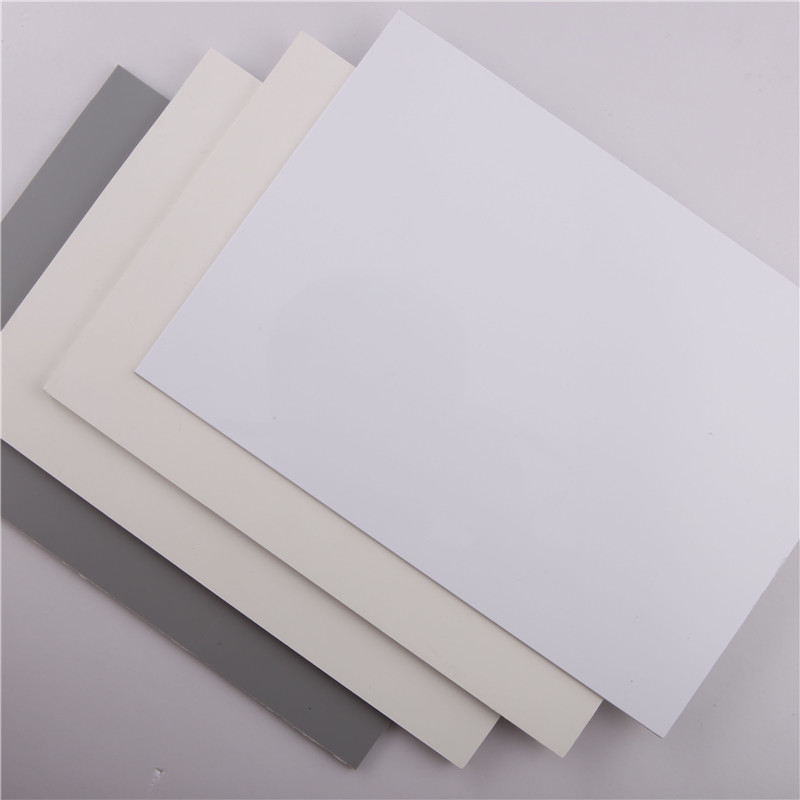nov . 15, 2024 05:54 Back to list
pvc hose pipe
Understanding PVC Hose Pipe Versatility and Applications
Polyvinyl chloride (PVC) hose pipes have become an essential component in various industries due to their versatility, durability, and cost-effectiveness. These pipes are made from a synthetic plastic polymer, which provides excellent resistance to chemicals, weather, and abrasion. This article explores the characteristics of PVC hose pipes, their applications, advantages, and considerations for choosing the right type for your needs.
Characteristics of PVC Hose Pipes
1. Durability One of the most significant advantages of PVC hose pipes is their resilience. They can withstand high pressure and are resistant to punctures, making them ideal for a wide range of applications.
2. Chemical Resistance PVC pipes have excellent resistance to a variety of chemicals, including acids, alkalis, and some solvents. This makes them suitable for use in agricultural, industrial, and laboratory settings where chemical interactions are common.
3. Temperature Tolerance PVC hoses typically perform well in temperatures ranging from -10°C to 60°C (14°F to 140°F). However, it’s essential to check the specifications, as extreme temperatures can affect the integrity of the material.
4. Lightweight and Flexible PVC hose pipes are lighter than many alternative materials, making them easier to handle and install. Their flexibility allows for easy maneuverability in tight spaces.
5. Transparent Options Many PVC hoses are transparent, allowing users to see the flow of liquid inside. This feature is particularly useful in monitoring applications.
Applications of PVC Hose Pipes
PVC hose pipes have a diverse range of applications across various industries, including
1. Agriculture In agriculture, PVC hoses are often used for irrigation systems. Their resistance to chemical fertilizers and pesticides makes them reliable for transporting water and other fluids.
2. Construction PVC hoses are widely used in construction sites for transferring liquids, including water and concrete. Their flexibility and durability make them suitable for both residential and commercial projects.
3. Industrial Use In industrial settings, PVC hoses are commonly used for conveying air, gases, and liquids in factory processes. They are also essential in vacuum systems and workshops.
4. Food and Beverage Specially formulated PVC hoses are available for food and beverage applications. These hoses meet stringent health and safety regulations, ensuring that they do not contaminate the food they transport.
pvc hose pipe

5. Home and Garden Gardening enthusiasts frequently use PVC hoses for watering plants and lawns. Their lightweight nature makes them easy to handle.
Advantages of Using PVC Hose Pipes
- Cost-Effective PVC hose pipes are generally less expensive than their rubber counterparts, providing an economical solution for many applications. - Easy to Install Their lightweight structure and flexibility make them easy to cut and fit into various plumbing systems.
- Low Maintenance PVC hoses require minimal maintenance compared to other materials, reducing long-term operational costs
.Considerations When Choosing PVC Hose Pipes
While PVC hose pipes have numerous advantages, it is crucial to consider specific factors when choosing the right type
1. Intended Use Ensure that the hose is suitable for the liquids or gasses it will convey. Some applications require food-grade hoses, while others may need chemical-resistant options.
2. Diameter and Length Select the appropriate diameter and length for your project to ensure optimal flow rates and efficiency.
3. Pressure Rating Check the pressure rating of the hose to ensure it can handle the intended application without risk of rupture.
4. Temperature Range Ensure that the hose is rated for the temperature of the liquids it will carry.
5. Environmental Conditions Consider the conditions in which the hose will be used, including exposure to UV light, ozone, and other environmental factors that may affect its longevity.
Conclusion
PVC hose pipes are an invaluable resource across various sectors due to their versatility, durability, and affordability. Understanding their characteristics and appropriate applications can help users make informed decisions, ultimately optimizing performance and ensuring safety in any project. As industries continue to evolve, PVC hose pipes will likely remain a staple due to their reliability and ease of use.
-
Durable PP Rigid Sheet: Lightweight, Chemical Resistant Solutions
NewsAug.21,2025
-
PVC Grey Sheet for Extraction: Chemical Resistant & Durable
NewsAug.19,2025
-
Durable PVC Pipe Fittings for Plumbing & Irrigation Needs
NewsAug.18,2025
-
HDPE Steel Belt Reinforced Spiral Corrugated Pipe | High Strength
NewsAug.17,2025
-
HDPE Pipe Fittings: Durable, Leak-Proof Solutions
NewsAug.16,2025
-
Premium CPVC Sheet: High-Temp & Chemical Resistant Solutions
NewsAug.15,2025

